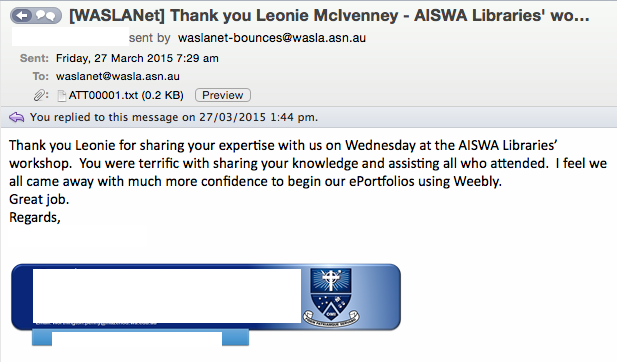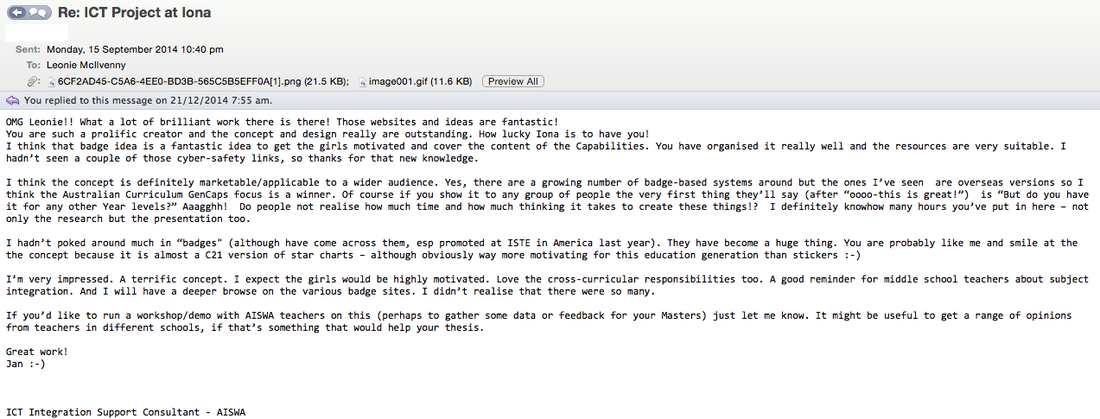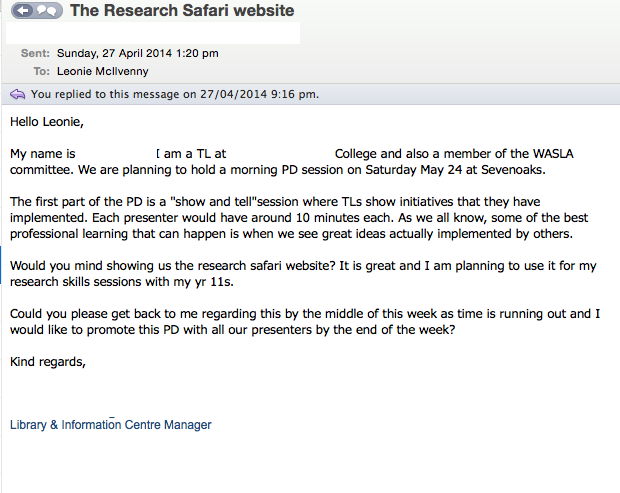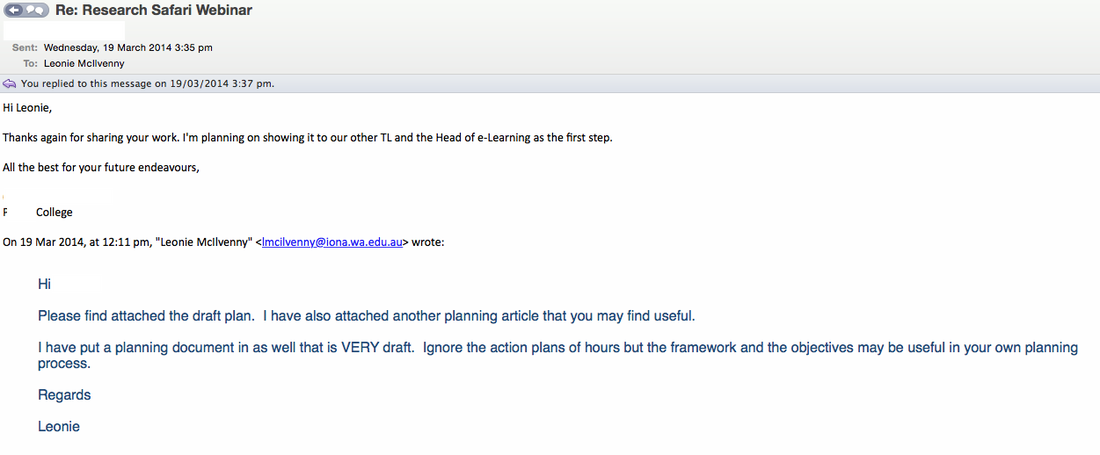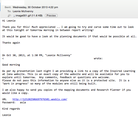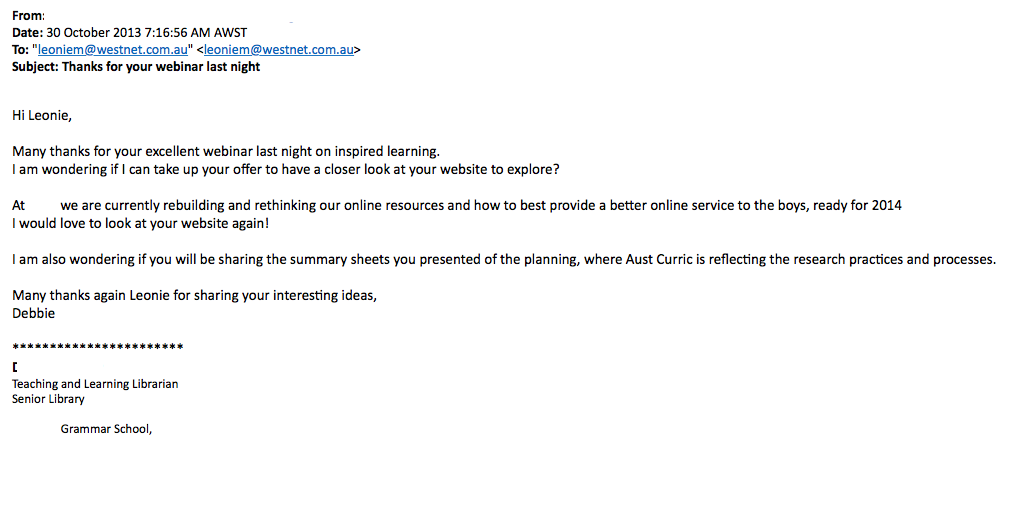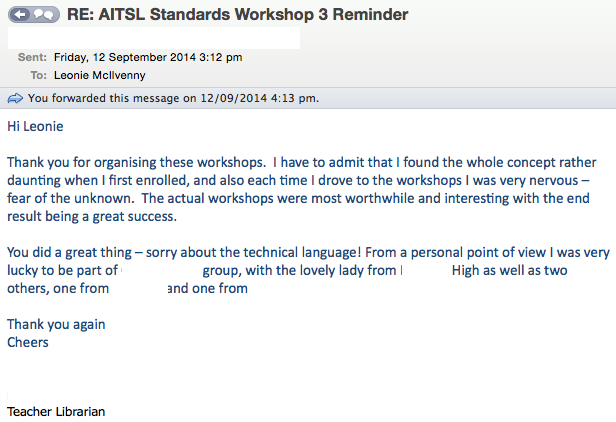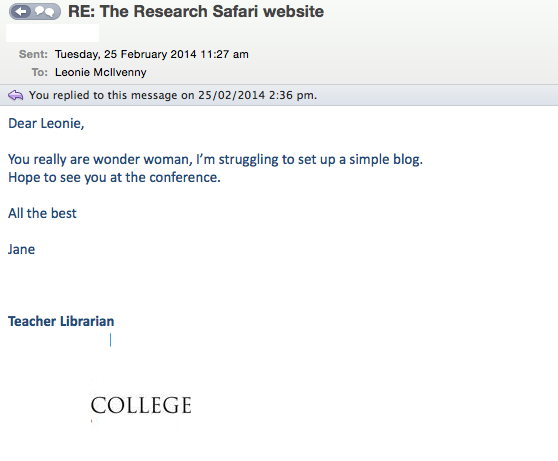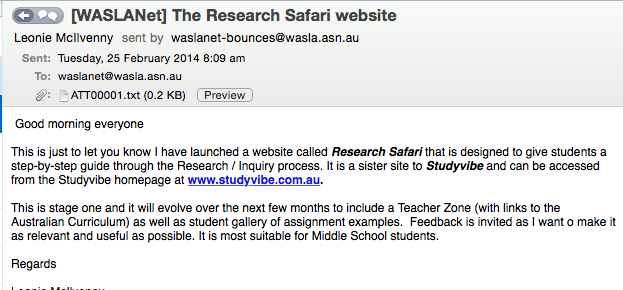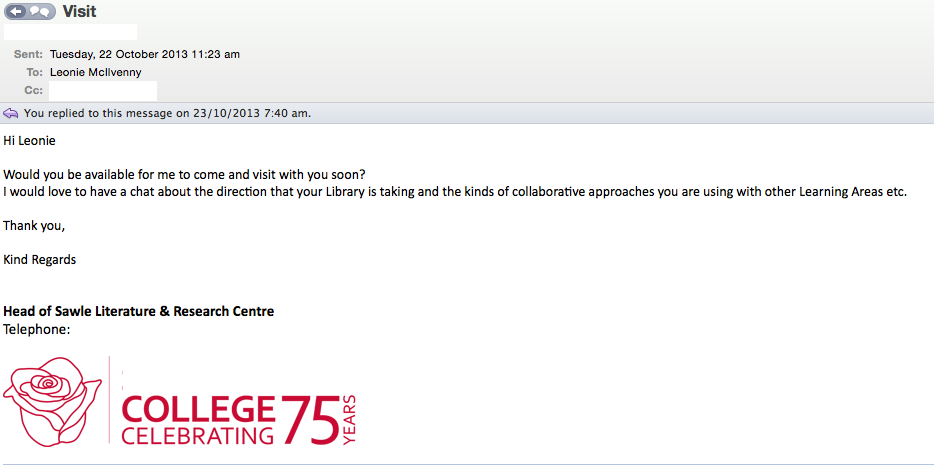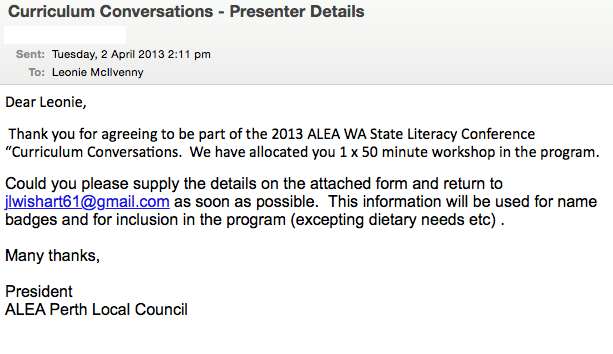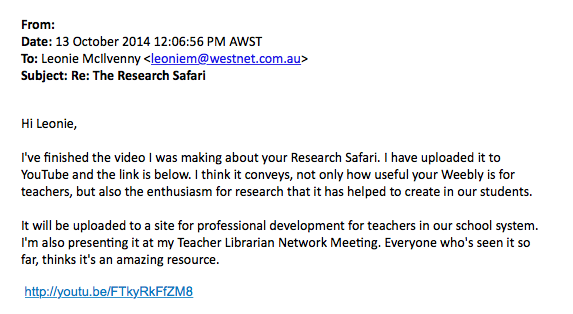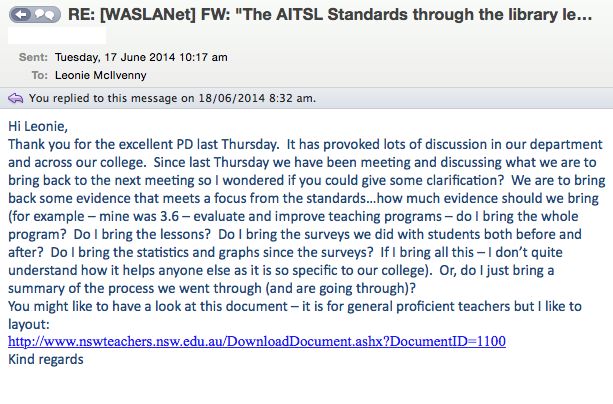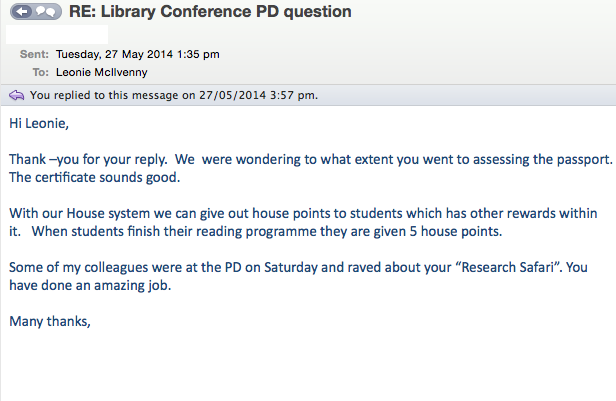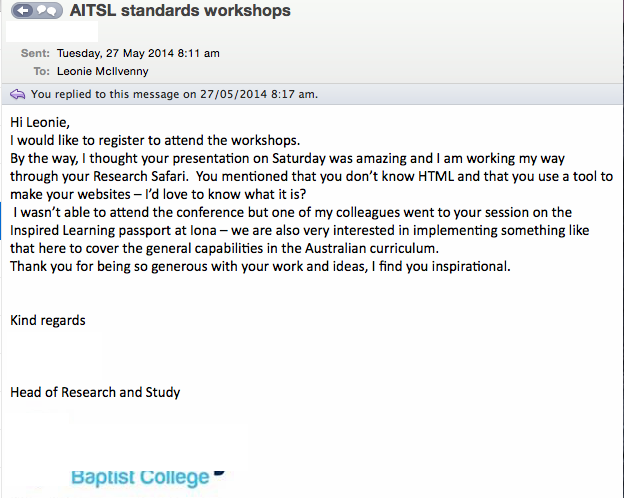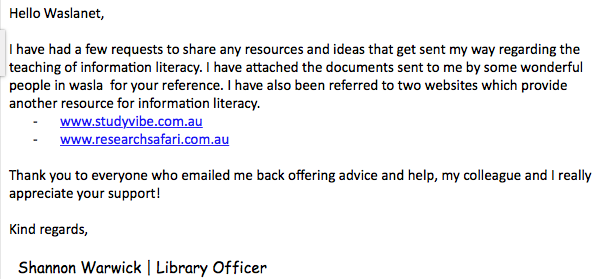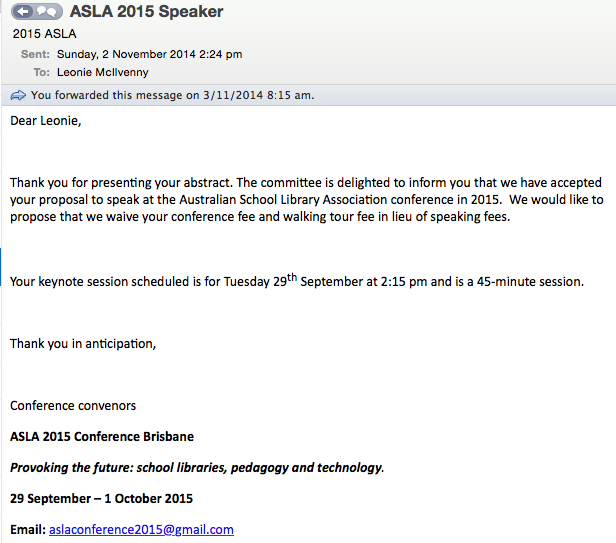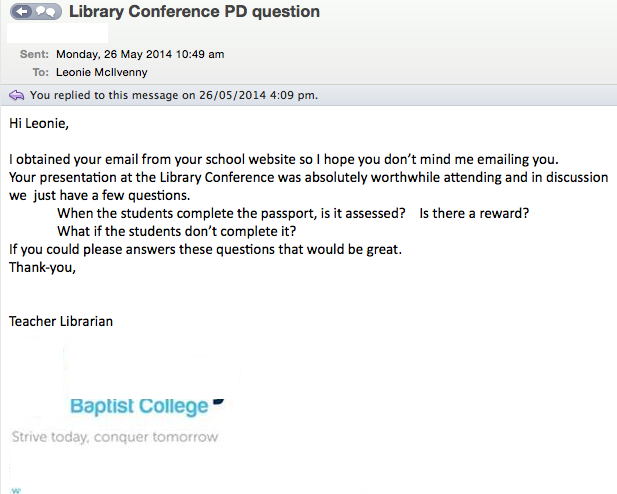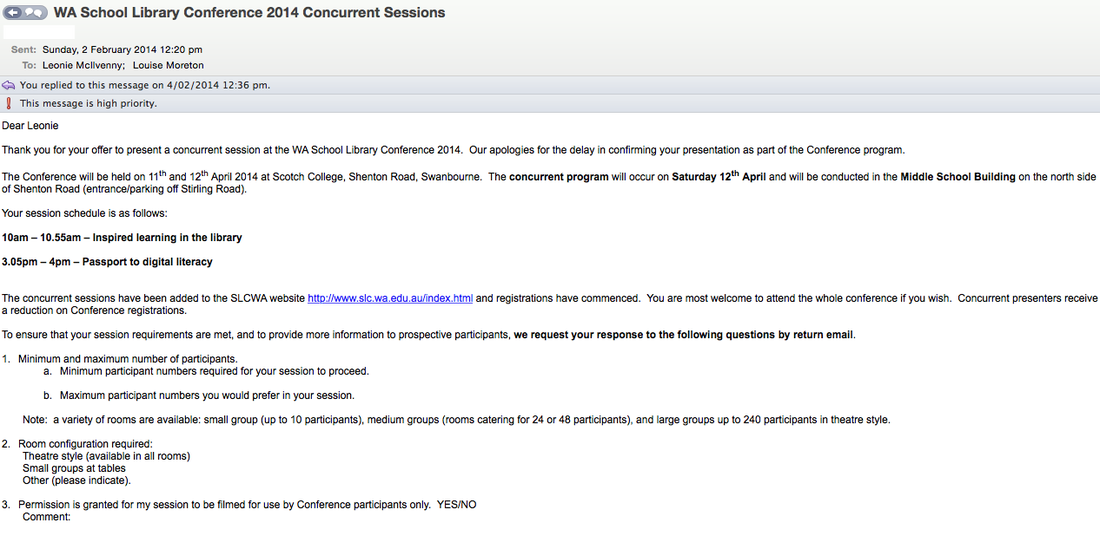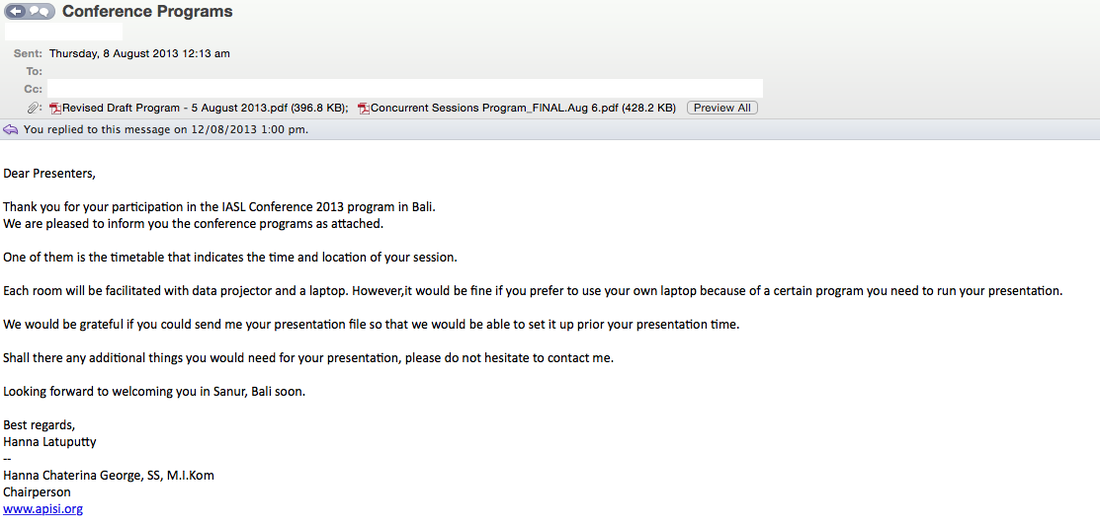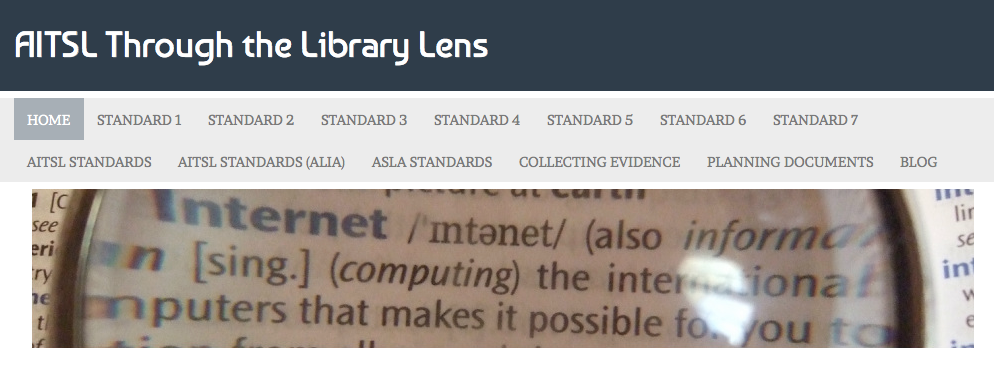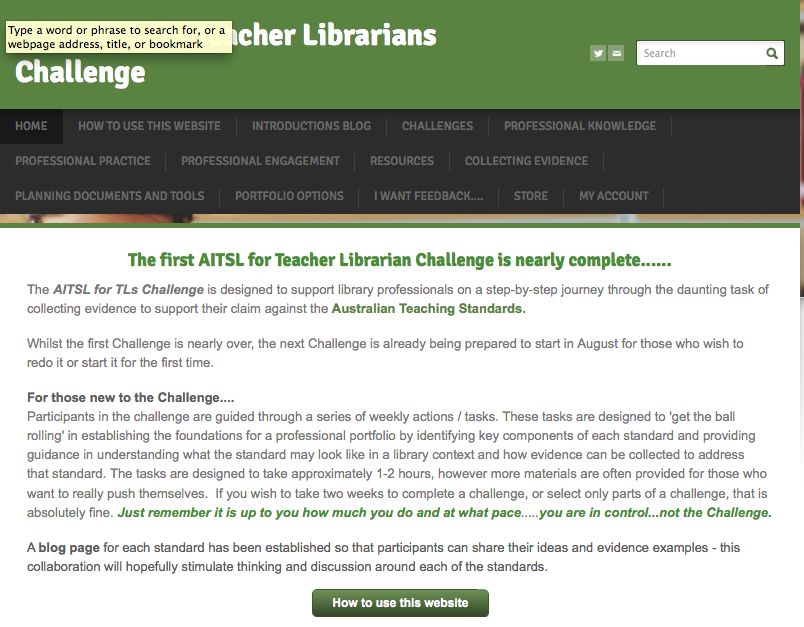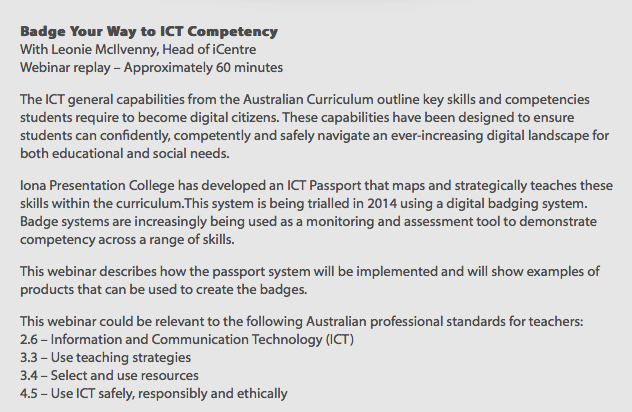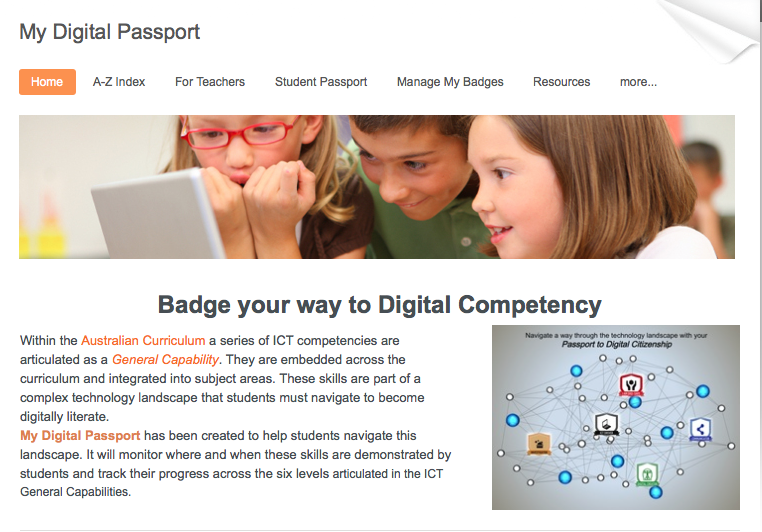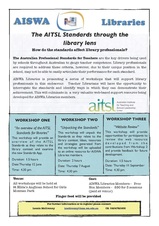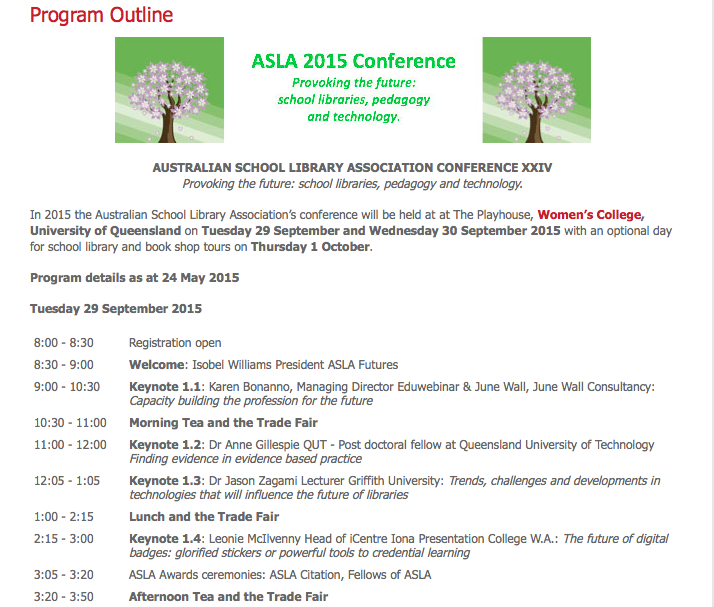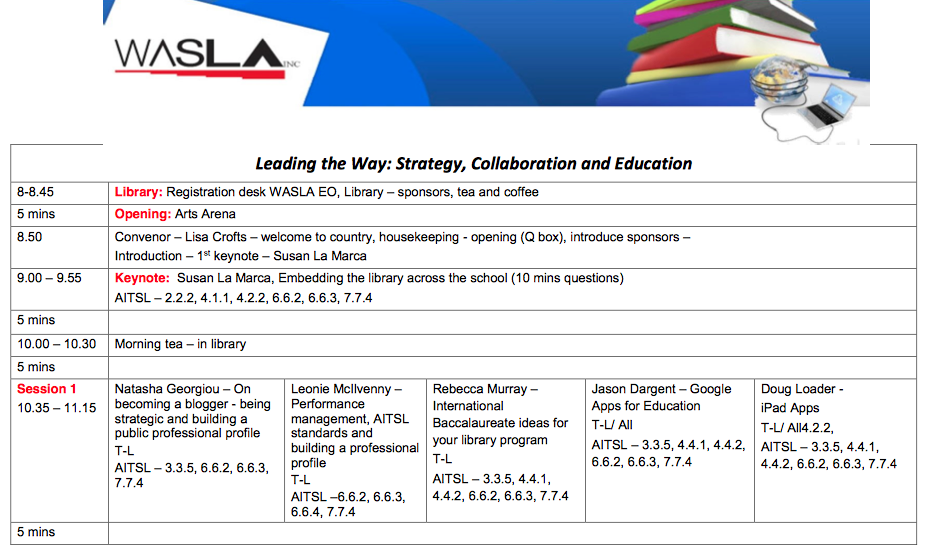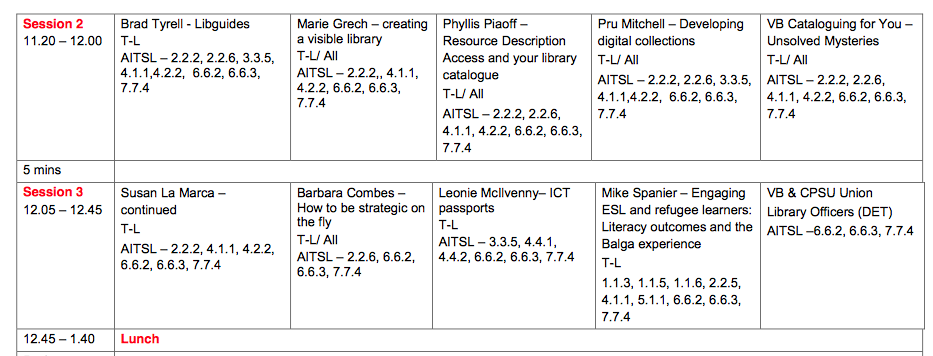Standard 7.4 Engage with professional teaching networks and broader communities
Proficient
Participate in professional and community networks and forums to broaden knowledge and improve practice.
Highly Accomplished
Contribute to professional networks and associations and build productive links with the wider community to improve teaching and learning.
Lead
Take a leadership role in professional and community networks and support the involvement of colleagues in external learning opportunities.
Participate in professional and community networks and forums to broaden knowledge and improve practice.
Highly Accomplished
Contribute to professional networks and associations and build productive links with the wider community to improve teaching and learning.
Lead
Take a leadership role in professional and community networks and support the involvement of colleagues in external learning opportunities.
My response
In both previous and current roles I have taken an active leadership role within the school library community. As a library support officer, curriculum consultant and library consultant previously I was responsible for developing professional learning opportunities for school library staff.
I have leadership role in number of contexts within the library community:
As a committee member of AISWA Libraries
As a committer member of ASLA (Australian School Library Association)
As a committee member of the SLOC Conference 2016
As a professional learning provider with Eduwebinars
As a professional learning provider through Studyvibe.
As a presenter at a series on local. national and international conferences.
The following annotated examples provide comprehensive evidence in my contribution to the school library community if a professional capacity.
I have leadership role in number of contexts within the library community:
As a committee member of AISWA Libraries
As a committer member of ASLA (Australian School Library Association)
As a committee member of the SLOC Conference 2016
As a professional learning provider with Eduwebinars
As a professional learning provider through Studyvibe.
As a presenter at a series on local. national and international conferences.
The following annotated examples provide comprehensive evidence in my contribution to the school library community if a professional capacity.
Evidence
Conference Presentations
The following are examples of where I have contributed to professional networks through conference presentations.
McIlvenny, L. (2013, 11 May). English, library and technology - a synergistic approach to developing literacy. Paper presented at the ALEA State Conference, Esplanade Hotel, Fremantle.
McIlvenny, L. (2013, 26-30 August). Inspired learning in the library. Paper presented at the IASL 2013 Annual Conference, Bali, Indonesia
Sheffield, R., & McIlvenny, L. (2014, 30th - 31st January). Exploring the Boundaries of Science Inquiry, Sustainability and ICT. Paper presented at the Teaching and Learning Forum, University of Western Australia.
Sheffield, R., McIlvenny, L., & Quinton, G. (2014). Making Friends with a Voki. Paper presented at the Primary Science Conference Vines, Perth.
McIlvenny, L (2015) Open badges - glorified award stickers or valuable learning credentials? Access, Vol. 29, No.1, March 2015: 30 - 40
Sheffield, R., Quinton, G., & McIlvenny, L. (2014). Save the Sharks; Investigating real life inquiry problems to improve primary pre-service teachers’ confidence in science and the inquiry process in an on-line space. Paper presented at the Australiasian Science Education Research Association ASERA Monash University
Sheffield, R. & McIlvenny, L. (2013). Why do Whales Beach themselves? Science Inquiry using Technology. Paper presented at the ICASE 2013 World Conference on Science and Technology Education. Kuching. Borneo.
Sheffield, R. & McIlvenny, L. (2015, 4 July) Why Do Sharks Attack? Using Web 2.0 Tools to Facilitate on-Line Science Inquiry from Primary to Tertiary Classroom. Paper presented at the European Conference of Technology in Education,. Brighton, England.
The following are examples of where I have contributed to professional networks through conference presentations.
McIlvenny, L. (2013, 11 May). English, library and technology - a synergistic approach to developing literacy. Paper presented at the ALEA State Conference, Esplanade Hotel, Fremantle.
McIlvenny, L. (2013, 26-30 August). Inspired learning in the library. Paper presented at the IASL 2013 Annual Conference, Bali, Indonesia
Sheffield, R., & McIlvenny, L. (2014, 30th - 31st January). Exploring the Boundaries of Science Inquiry, Sustainability and ICT. Paper presented at the Teaching and Learning Forum, University of Western Australia.
Sheffield, R., McIlvenny, L., & Quinton, G. (2014). Making Friends with a Voki. Paper presented at the Primary Science Conference Vines, Perth.
McIlvenny, L (2015) Open badges - glorified award stickers or valuable learning credentials? Access, Vol. 29, No.1, March 2015: 30 - 40
Sheffield, R., Quinton, G., & McIlvenny, L. (2014). Save the Sharks; Investigating real life inquiry problems to improve primary pre-service teachers’ confidence in science and the inquiry process in an on-line space. Paper presented at the Australiasian Science Education Research Association ASERA Monash University
Sheffield, R. & McIlvenny, L. (2013). Why do Whales Beach themselves? Science Inquiry using Technology. Paper presented at the ICASE 2013 World Conference on Science and Technology Education. Kuching. Borneo.
Sheffield, R. & McIlvenny, L. (2015, 4 July) Why Do Sharks Attack? Using Web 2.0 Tools to Facilitate on-Line Science Inquiry from Primary to Tertiary Classroom. Paper presented at the European Conference of Technology in Education,. Brighton, England.
Examples of correspondence that shows my involvement on professional activities.
The following are examples of letters of appreciation for my contribution to the school library community.
